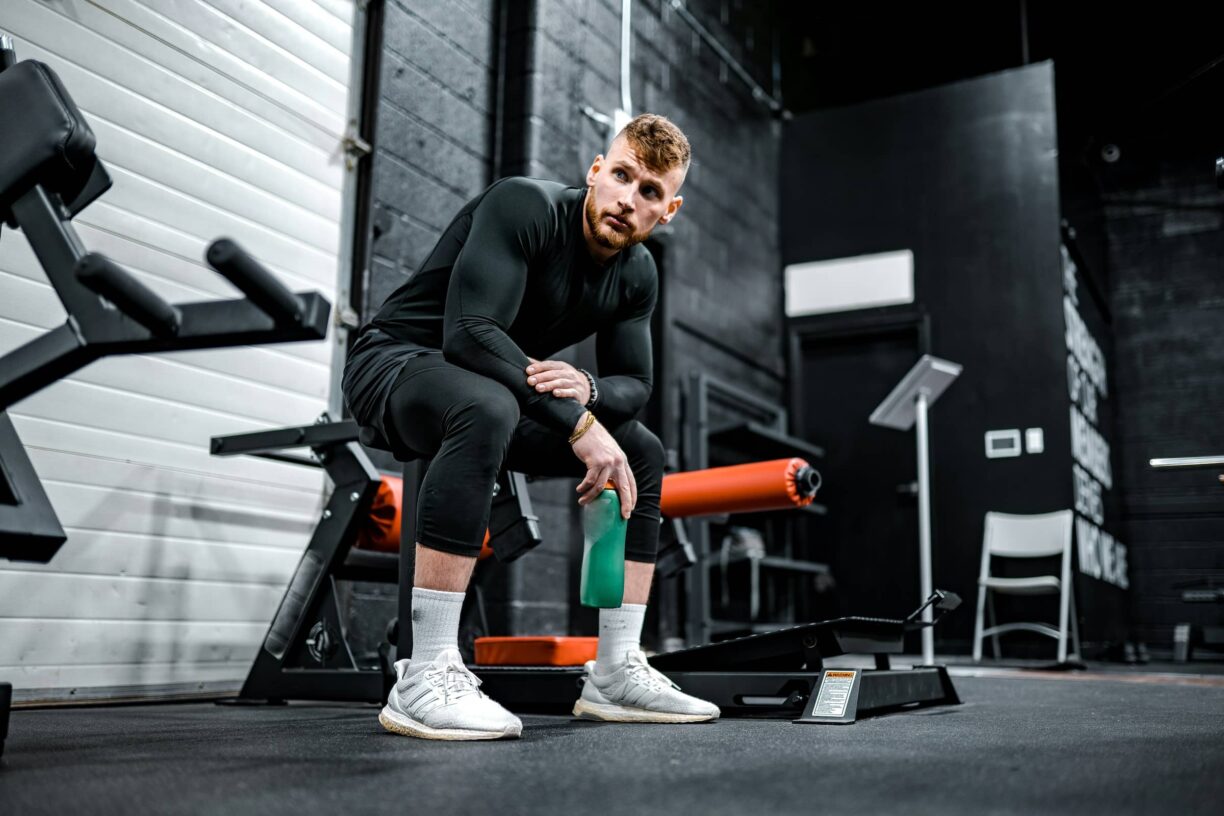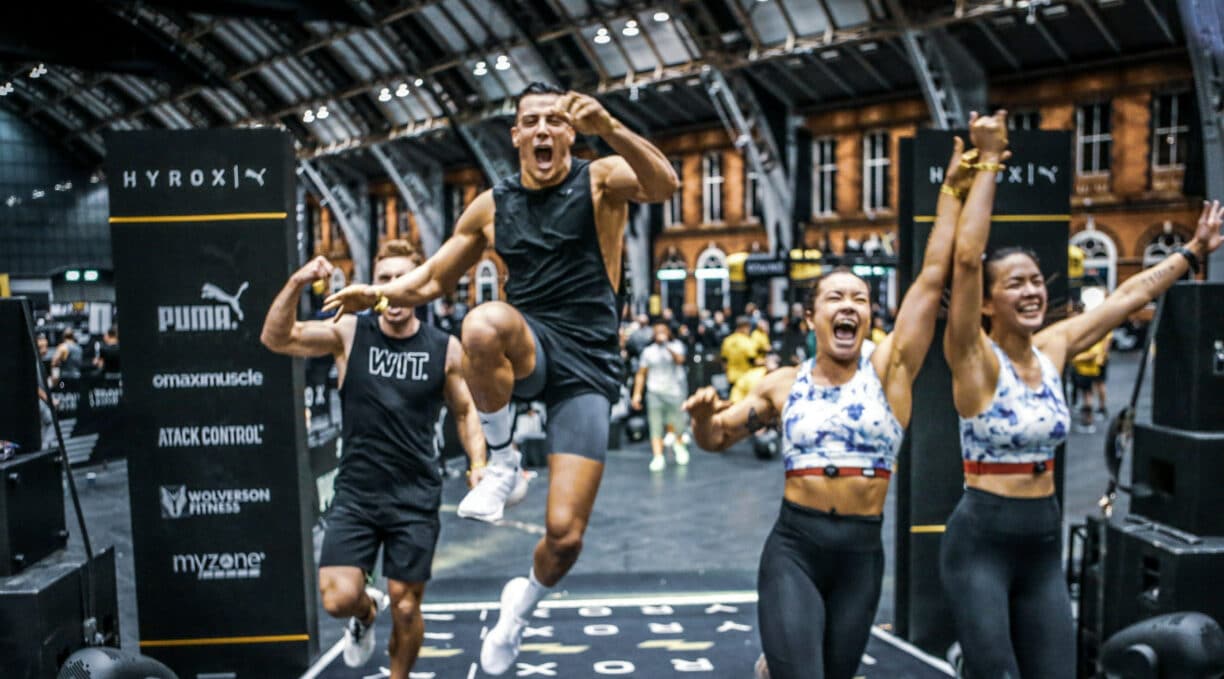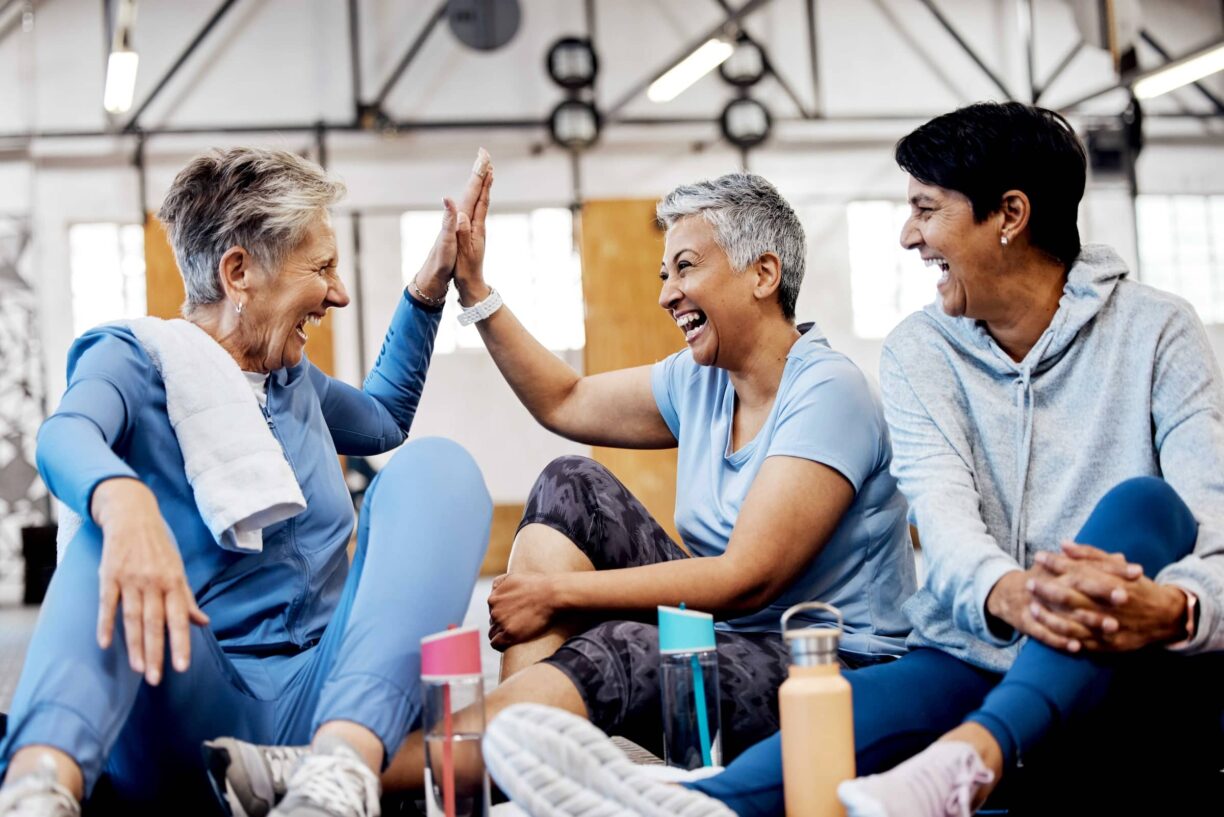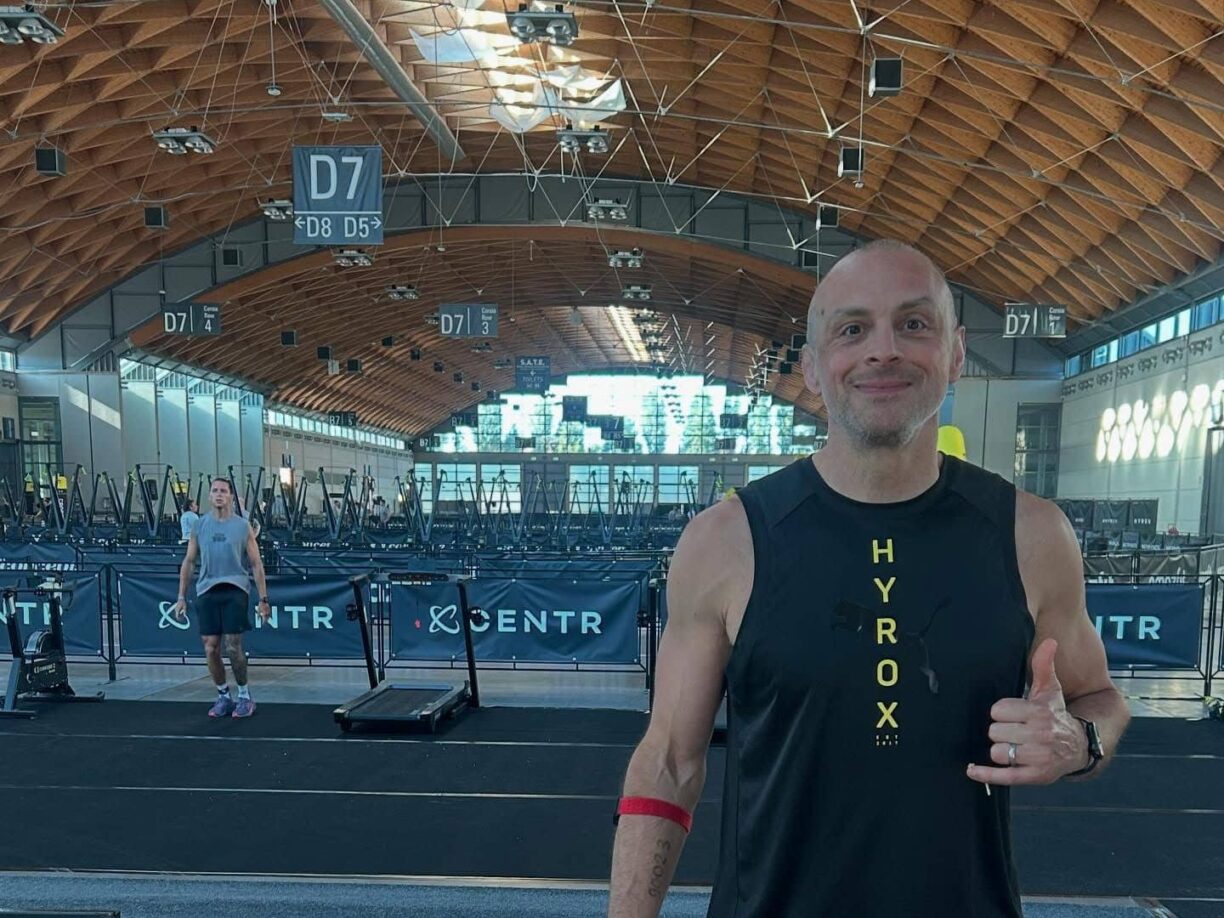A recent study has found that less than a fifth (20%) of fitness influencers have any related qualifications or credentials, making it hard to choose which fitness advice to take.
Keen to find out more, we spoke with Live Football Tickets who had also partnered with Fitness Coach Donna Callander to seek to find out which TikTok fitness trends may be bad for your health, and how to know which advice is safe to follow within the overwhelming algorithm of social media.
Donna provided expert commentary on the popular fitness trends, as well as advice to those considering taking up a new fitness plan.
Five TikTok fitness trends that may be harmful to your health
- 75 Hard Challenge
The 75 Hard Challenge has taken TikTok by storm having over two billion views under the #75HardChallenge hashtag, with its promised benefits to physical and mental health through following the set rules of the challenge.
The challenge entails following a nutrition/eating plan suited to your goals, cutting out alcohol and cheat meals, and completing two 45-minute workouts, drinking a gallon of water and reading 10 pages of a book every day.
Whilst this regime could help build positive habits both for mental and physical health, its effectiveness and safety is compromised if diet plans and exercise plans are not tailored to the individual’s needs.
Fitness Coach, Donna Callander says: “The positive here is that it takes around 21 days to build a habit, so in theory you could then pick up some positive habits here and it mixes health, exercise, growth and mindfulness.
However, what is the end goal? What is the diet? How do people choose it? That is a dangerous road as people are choosing something to alter their food or their exercise regime based on social media as opposed to whether it is right for them.”
- 30-day Gallon Water Challenge
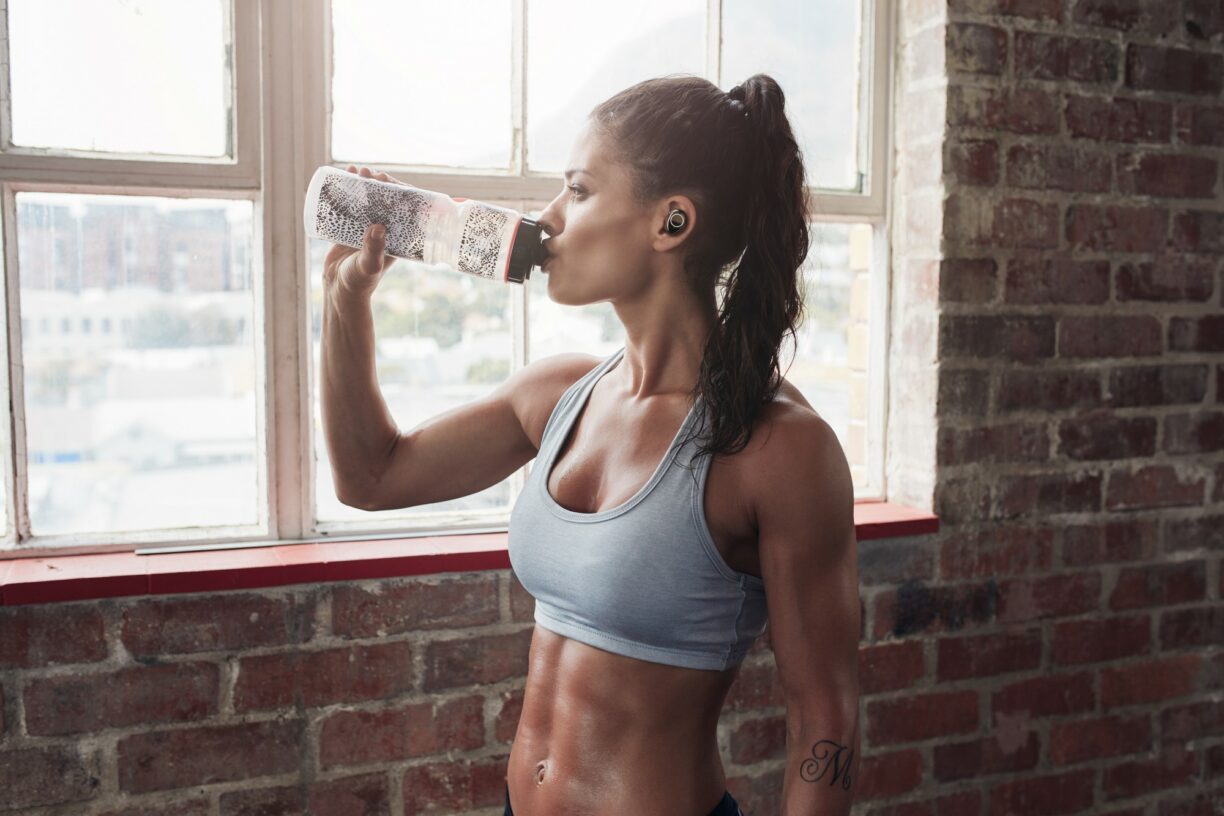
The aim of this TikTok health trend which has accumulated over 14 million views, is to drink a gallon (4.5 litres) of water every day for 30 days.
Whilst many claim the benefits are less bloating, glowing skin, and increased energy levels, the safety of this amount of water consumption is worth considering.
Callander states: “It’s important to drink water as part of a healthy diet and avoid fads and challenges unless you have consulted your doctor because suddenly adding too much of anything to your body without balancing things out can have consequences.
Whilst dehydration is usually a more common issue, hyperhydration or overhydration can equally cause issues such as cloudy thinking, nausea and vomiting, muscle weakness, spasms or cramps and headaches.”
- Dry scooping pre-workout powder
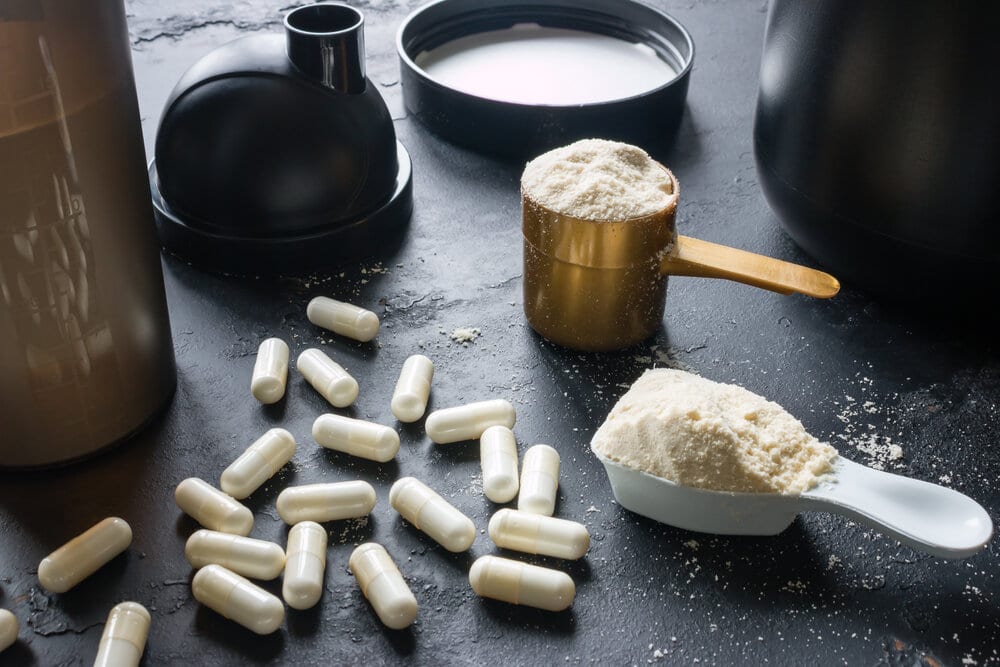
Dry scooping pre-workout powder has quickly become a trend across TikTok boasting more than 8 million views, with people believing that it can help the powder absorb more quickly into their system, offering even greater enhancements to their workout performance.
However, the risks of dry scooping can include choking and difficulty breathing, as well as more severe outcomes such as abnormally elevated heart rate due to an excessive intake of caffeine.
Callander comments: “As far as I am aware there are no real benefits to dry scooping. You tend to see videos of those trying it ending up in coughing fits which is usually down to them accidentally ingesting it as opposed to swallowing it.
It is something that is for likes or follows on TikTok as opposed to something that general people should be trying.”
- Fasting Challenges
Most fasting challenges on TikTok centre around intermittent fasting, which many people claim has numerous benefits to health.
Despite these claims, it is important to be aware of the risks involved in any fasting challenge, as any form of fasting deprives the body of a certain amount of nutrients for a period of time, meaning it is essential to consult a doctor or nutritionist prior to taking part in this.
Donna Callander advises: “There are lots of people who swear by intermittent fasting as part of a healthy lifestyle, however following a 28-day challenge like many people are doing on TikTok means, again, they are being influenced by the people doing it as opposed to because a doctor or nutritionist has recommended it for them. One size does not fit all.”
- Apple cider vinegar trend
Apple cider vinegar has been trending as a means of weight loss, fat reduction, and reducing appetite.
However, numerous reports have stated that it is not in fact helpful for weight loss, and instead comes with caution.
For example, apple cider vinegar is highly acidic, which may trigger irritation or damage to your throat if you drink it often or in large amounts.
Donna Callander says: “There are very few studies that I’m aware of that actually show a link between apple cider vinegar and weight loss.
It’s ’meant’ to reduce appetite because it creates a fuller feeling due to Acetic acid being a short-chain fatty acid that dissolves into acetate and hydrogen in your body. T
here has to be a certain percentage that is in the apple cider vinegar in the first place to create that fullness feeling and the chances of this are slim.”
Callander’s tips on how to distinguish useful fitness information from dangerous advice:
“Being safe on TikTok and any other social media is ensuring that you are very aware that influencers are there to do just that – influence and sell, that is their job. They will show you before and after challenges for example, but you have no idea what they are doing off camera.
“There are also lots of AI social media ads for various challenges like wall Pilates which seems to be hugely popular at the moment and whilst there is nothing wrong with AI (in fact as a marketer I welcome it), you need to be aware that the results the advert is showing is not a real person therefore comparison can be dangerous.
“My top tips would be to always consult a doctor or qualified nutritionist before starting any new fitness challenge or diet to ensure that whatever you have chosen is right for you.
Be aware that influencers and people doing the challenges are there to sell and you will never see the full picture – so take that into account before making any decisions.
And finally, ensure that if you are looking at adverts and they are AI, do not fall into the trap of thinking that you will get the same results shown by the AI model.”


